-
Alison Croggon wrote a new post 6 years, 4 months ago
How far can comedy go? Carissa Lee ponders Truly Madly Britney’s take on fan culture at Melbourne’s Midsumma festival
[Spoilers within]Stan culture is a recent internet-fuelled trend that, like many things o […]
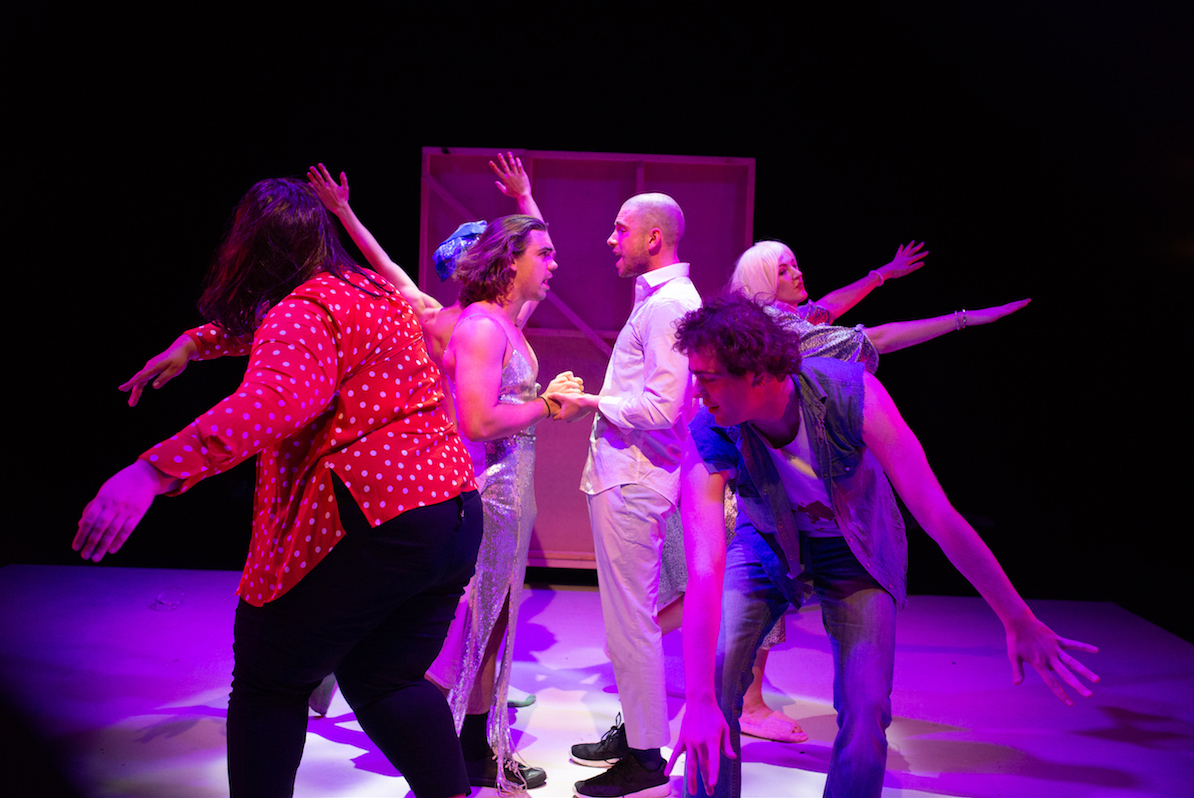
-
Alison Croggon wrote a new post 6 years, 6 months ago
Alison Croggon on Ridiculusmus’s extraordinary final show, the maddening and deeply moving Die! Die! Die! Old People Die!
Warning: spoilers within. Short version: a maddening, merciless and moving performance by […]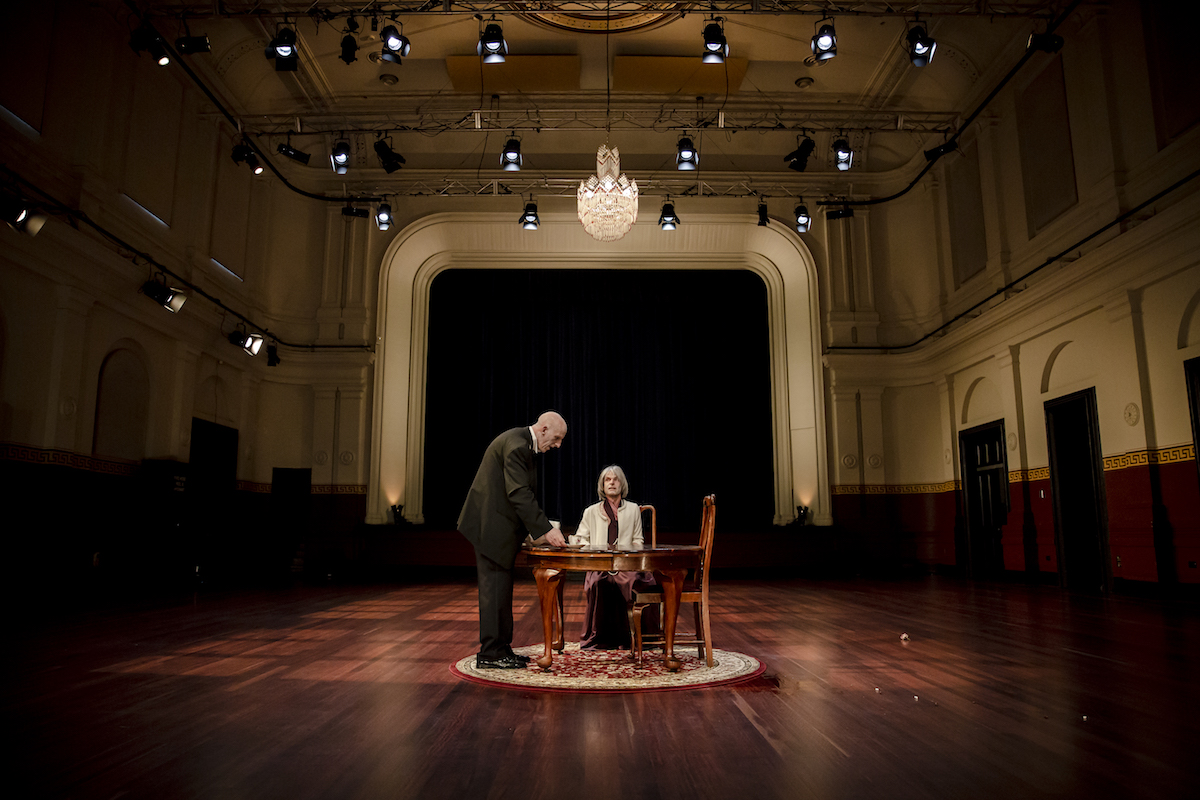
-
Alison Croggon wrote a new post 6 years, 6 months ago
An oratorio of private pain: Alison Croggon reviews Lab Kelpie’s brilliant production of Mary Anne Butler’s Broken
You can see why Mary Anne Butler’s play Broken won, not only the Drama Prize in the Victorian P […]
-
Hi David, by “courageous” performance I mean the ability of the actors to express painful and complex states of being with a physical and emotional truthfulness: ie, as I say in the review, they “plunge into the emotional depths summoned by the text”. Which to my mind requires courage. I think it’s the right word, and that the context, which includes brief descriptions of what I liked about the performances, should make it clear. I’m not sure why you think it’s the wrong word?
-
Hi David, obviously actors aren’t facing firing squads or running into burning houses to rescue babies. But I think courage is a quality that totally pertains to works of art, and it’s a quality I admire. Just as writers can be brave in what they choose to confront, reveal and explore, so can actors. It’s nothing to do with stage fright: it’s about the kind of honesty an artist brings to their understanding of the world and themselves. In some countries that kind of courage does get people killed, actors as well as writers. Here, mostly, it doesn’t. Though people do get punished for it.
-
Hi David, there are many kinds of courage. I’ve physically feared for my life and I’ve also pushed past fear to write things. They’re different things but also not so different. FWIW McKellan’s Lear was not at all what I’d call a courageous performance.
-
-
Alison Croggon wrote a new post 6 years, 6 months ago
‘None of this history is simple, just as nothing about gender is simple’: Alison Croggon on Rachel Perks’ and Bridget Balodis’ queer witches in Moral Panic
Rachel Perks’ play Moral Panic, directed with a deft an […]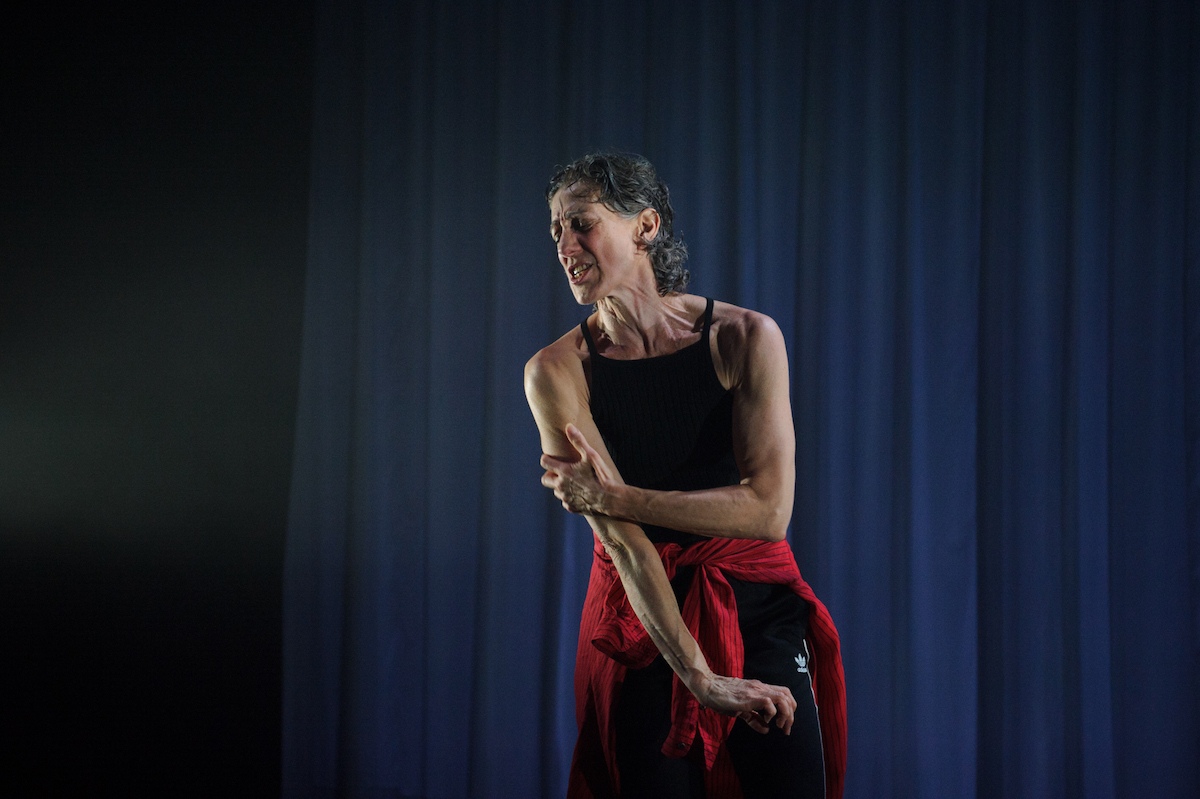
-
Alison Croggon wrote a new post 6 years, 6 months ago
Alison Croggon reviews emerging choreographers Lauren Langlois and Joel Bray in Chunky Move’s Next Move 11
Next Move has been part of the Chunky Move annual repertoire since 2008, when then artistic director G […]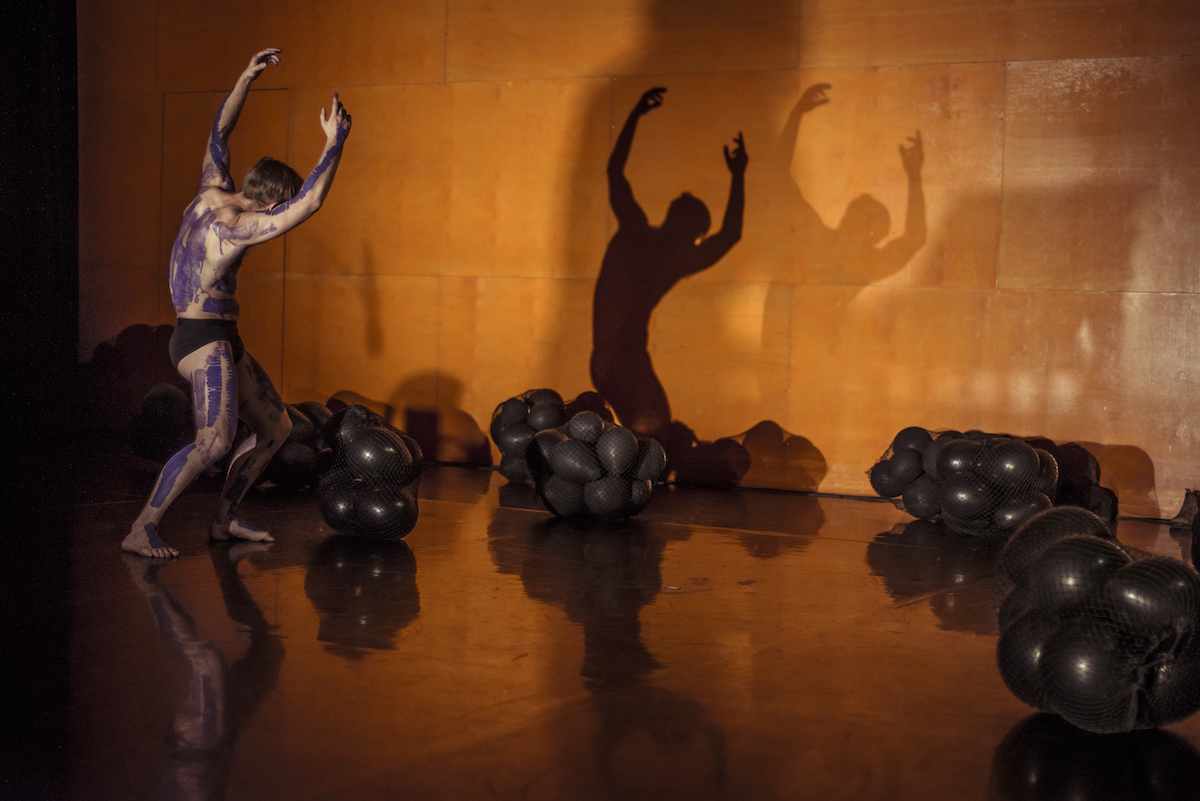
-
Alison Croggon wrote a new post 6 years, 6 months ago
‘The trial has prompted a deep anger within the theatre community. Its reverberations will echo for a long time’: Alison Croggon looks at the Geoffrey Rush defamation trial and its inevitable connections to […]

-
Thanks David. There’s a lot of confusion around this case, and I wanted to write something that addressed some of those erroneous claims and also gave it some context. That’s what we’re here for!
-
Hi Drag. I published your initial comment, after some thought and despite our commenting guidelines, which you might like to check out under the “About” tab. “SJW feminist is not a reasonable person FYI” is precisely the kind of idea that we’re very over at this publication.
The article very clearly said that Norvill considered Rush as a friend and admired him, and also said these issues are very murky precisely because of those complexities. According to her evidence, she did ask him to stop touching her. An actor of Novill’s standing and respect in the Australian theatre industry had no reason to make any of this up, or to put herself through the ordeal of this court and indeed the kind of quibbling and patronising interrogation you are demonstrating here. Rather the reverse. Your comparisons, btw, are odious.
-
As ever, Alison, your writing is the very voice of reason and your balance as precise as a jeweller’s scale. I have been reluctant to comment on this matter for many reasons, but will just say this: can we resist the pressure pushing us to take sides?
What Rush is alleged to have done is inappropriate and unwelcome. Those are the words in the Act. What Norvill is alleged to have done is ask him to stop, and to have sought the support of STC to deal with the matter internally and discreetly.
Dare I suggest that neither did anything that should be career-ending?
One consequence of the Weinstein/Cosby/McLachlan/Spacey stories was that journalists went fishing for celebrity paydirt. Many theatres and theatre companies were asked the same question: “Any juicy stories to tell?”
Remember, the longer Rush’s case runs, the more papers it sells. -
Thanks for reminding everyone that it is the newspaper’s inappropriate reporting that is on trial here, not a woman’s, or a man’s personal definition of what’s appropriate. A newspaper ran a story without evidence or confirmation from those involved. As in subsequent cases where politicians have taken the lead, media needs to be reminded that the #metoo campaign is for women to take control, not have control wrested from them unwillingly or unwittingly.
-
Two great Australian talents have been sacrificed to sell newspapers. Guilt and innocence are no longer the issue, if they ever were. It’s no more thancelebrity-salaciousness, and the paper’s insistence on a ‘truth’ defence has made the case into an adversarial contest betwen Norvill and Rush, which it should never have been. All of us in the Entertainment industry must learn better ways, not just to prevent these circumstances, but to limit the damage in their aftermath and to protect their victims from being ground up to make ink.
-
First, a disclosure of interest: I have been employed at Her Majesty’s Theatre in Melbourne for many years and my previous employer was the Sydney Theatre Company. I have professional acquaintance with many of the people involved in the case, and am aware of certain facts that are not generally known. Now that a verdict has been delivered, I can write with a little more freedom than I did last November.
Almost everything about this case is abhorrent, but nothing more so than Newscorp’s behaviour. They went fishing for a story, inspired by the salacious coverage of the Weinstein and Spacey scandals, and someone from the paper telephoned STC. Like most organisations, STC has an internal telephone network, but the caller did not use the ‘main’ number, the one on the web-site, that looks like ** **** **00. The caller followed the asterisks with a couple of random digits, asked whether the employee who picked up had “Anything juicy? Any gossip, about celebrity performers?”
Many performing arts organisations (including my own) received identical calls. The person at STC who took theirs was neither authorised nor trained (had no reason to be) to speak to the press and blurted out enough to put Geoffrey Rush’s name on the front page. The suggestion that STC reported a complaint to Newscorp is utterly unfounded. STC’s failure was to ensure that all its employees knew and understood its policies; STC has since taken pains to rectify this shortcoming.
At this point, Newscorp was only interested in attaching scandal to a celebrity, because it sells papers. I know for a fact that Erin Jean Norvill’s name was not mentioned at the time. Newscorp just smelled blood, heard the name of an Australian Oscar-winner, went straight for the front page and probably sold a lot of papers that day. That is the point that is really abhorrent – they did it to make headlines; they changed their defence mid-trial and made headlines, and when the verdict was found against them – more headlines.
Meanwhile, because Newscorp had no defence other than ‘truth’ (more headlines) Erin Jean Norvill had to be dragged through the muck, and if someone wrote a play about the whole sad saga, her role in it could not escape comparison with Cordelia’s. Her engagement with our so-obviously outdated adversarial system of libel-prosecution is a spectacular example of how far we have not advanced since Lear tried to divide his kingdom among his daughters.
Many who follow this web-site believe that the verdict was a denial of EJN’s rights, of the #metoo movement or of Rush’s culpability. Let me say it as plainly as I can: all the testimony avers that Geoffrey behaved badly, inappropriately, unforgiveably, take your pick, and I do not defend him, but Geoffrey was not on trial, nor was ‘the Australian Theatre’. What was in question was the right of a major publisher to print utterly scurrilous statements without evidence, and the court, rightly, found that right not to exist under the law.
Erin Jean Norvill was Newscorp’s Iphigenia, and they put her on the altar without a care, cutting her throat in public to save their own arses (or at least, to sell papers). I hope that STC and MTC will grasp any opportunity to cast her in a major role in a production of real importance and real celebrity. I also hope that Geoffrey Rush invests a fat chunk of his Newscorp settlement in a scholarship or bursary or something, that positively furthers the standing of women in our industry.
Alison Croggon called for Australian Theatre to take a good hard look at itself. I assure you, Alison, we have. We didn’t do it soon enough, or maybe well enough, but we have learned a lesson, and I truly believe that this will not happen again. We all have new policies and procedures; industry-wide they are pretty-well harmonised, and, most mportantly, they provide for ways of dealing with reports, not just declaring ‘zero-tolerance’ and turning a blind eye.-
Thanks Matthew. As I said in this piece, neither Rush nor Norvill were on trial and this trial didn’t determine anything except whether Nationwide News had defamed Rush (which in my opinion it did). The DT was found to have defamed him, and its defence of truth – which means that defamation is allowed in certain circumstances – was thrown out of the window. It’s very clear in the judgment, however (and I have read the full version) that the benefit of the doubt runs exclusively one way. I personally think the judgment demonstrates very clearly how patriarchal power works in the legal profession, as much as the trial showed how power works in the theatre. But that’s another and deeply complex issue.
As you know, Norvill and Sophie Ross and others have begun the Safe Theatre initiative, and there are many people thinking and working hard at fixing this. But I don’t believe it’s by any means a done deal. Nor that we can be certain that it won’t happen again.
-
-
Some of us, many, I hope, are determined that it must not happen again. I will never again be silent while my theatre is not a safe place.
-
And another thing: a rule of noli me tangere onstage or in the rehearsal room would be the death-knell of some of our best-beloved theatre. Intimacy, violence, treason, murder & rape, like every crime, have been enacted onstage for centuries. Enacting them with care, understanding and safety, without threat or exploitation – that must be a goal of the modern theatre.
-
-
Alison Croggon wrote a new post 6 years, 7 months ago
‘Sheer joyousness and delight’: Alison Croggon on the austere brilliance of William Forsythe’s A Quiet Evening of Dance
You could approach William Forsythe’s A Quiet Evening of Dance as a lesson. This e […]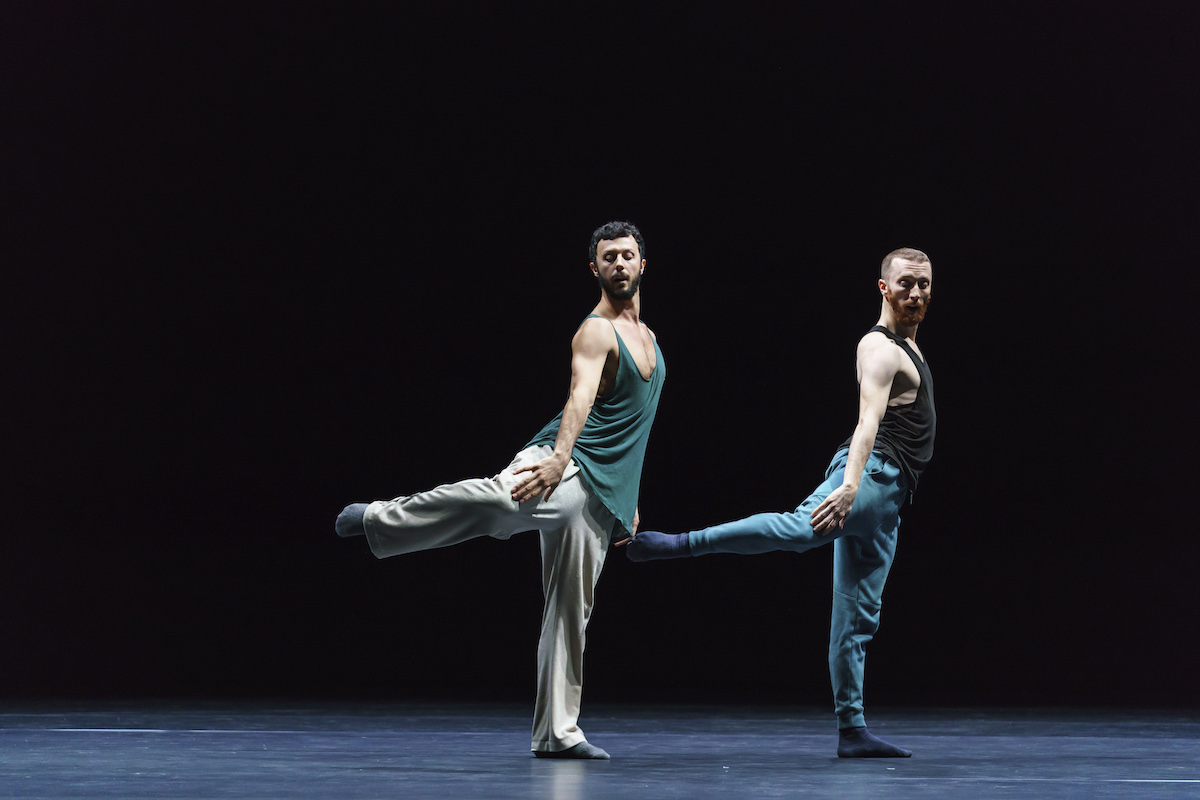
-
Alison Croggon wrote a new post 6 years, 7 months ago
‘I know I felt purely happy’: Alison Croggon on the participatory dance One Infinity at the Malthouse
This review discusses elements of One Infinity that are particularly delightful if they are a surprise. If […]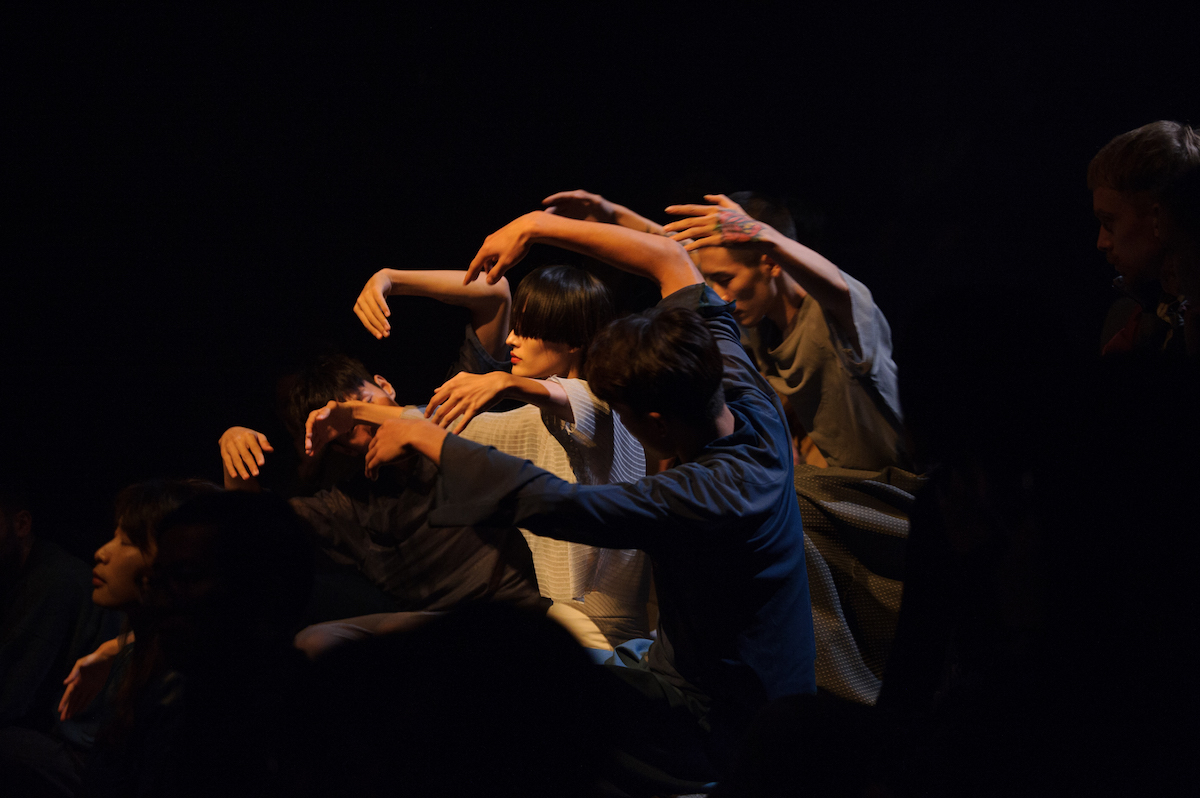
-
Alison Croggon wrote a new post 6 years, 7 months ago
The music of Mark Morris’ Layla and Majnun is unmissable, says Alison Croggon. But she’s not so sure about the dance
Every culture has a story of star-crossed lovers. In the European tradition alone, we have Rom […]
-
Alison Croggon wrote a new post 6 years, 7 months ago
‘Trauma, its aftershocks, its fragmentation, its strange, loud silence.’ Alison Croggon on Rawcus’ Song for a Weary Throat
We live in traumatic times. Not only is almost every aspect of our world approaching […]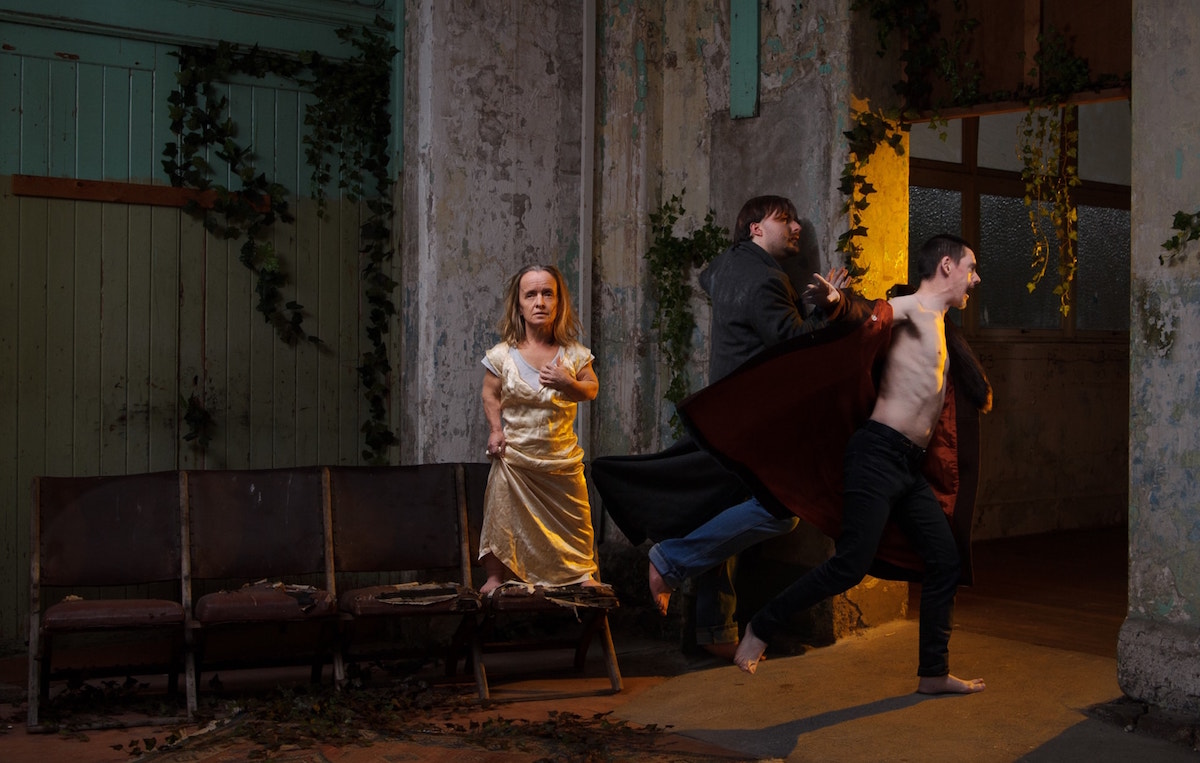
-
Alison Croggon wrote a new post 6 years, 7 months ago
In Particle/Wave, a collaboration between artists and scientists, Alison Croggon says that the confounding abstractions of physics are given a human dimension
I love planetariums. Inside these rooms, the infinite […]
-
Alison Croggon wrote a new post 6 years, 7 months ago
‘A modestly radiant show that somehow illuminates the whole of existence’: Alison Croggon on Barry McGovern’s Watt
Anyone who has read Samuel Beckett’s second novel Watt – which I highly recommend, although […]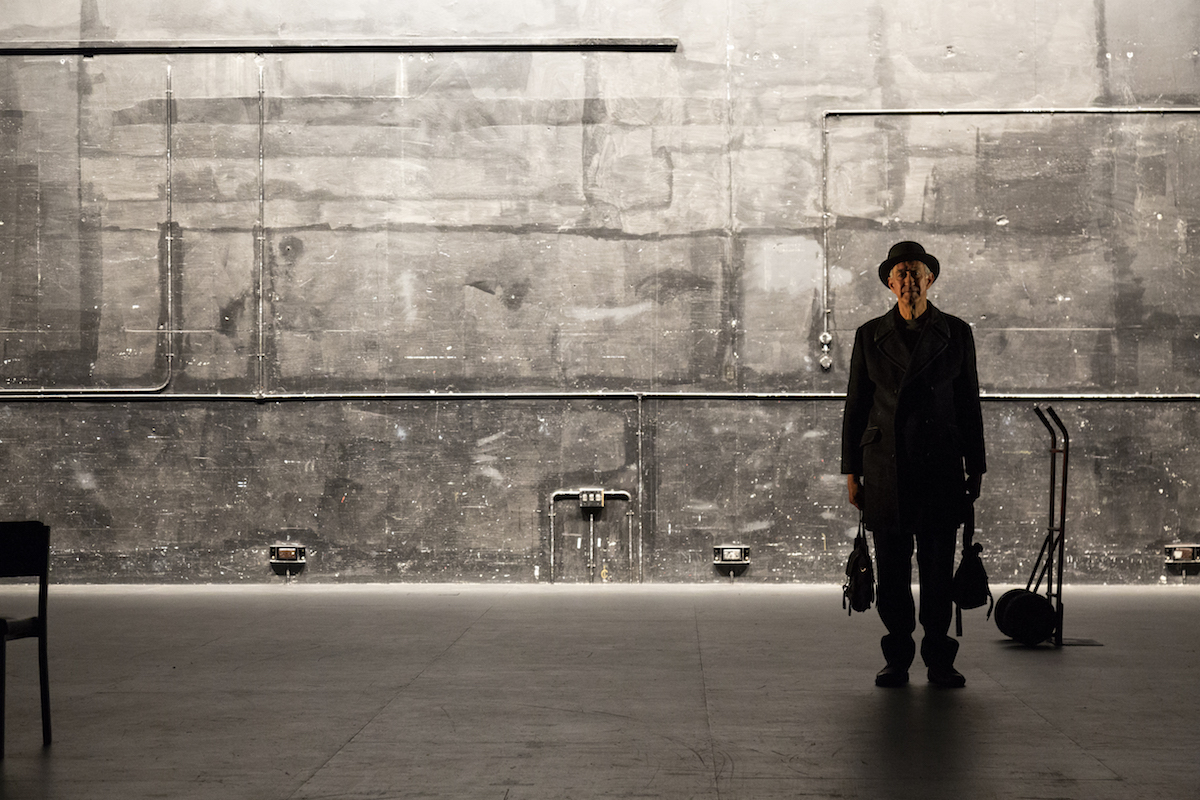
-
Hi there Peter – thanks for your comment! For me these two things absolutely do square, although perhaps I put it badly in the review. The main reason it’s not a contradiction is that language is not existence, but something we’ve invented that sometimes we use to try to talk about existence. For my part, I found Watt (the novel) the reverse of thin and transparent: I thought you could absolutely tell that it was written on a typewriter, you can almost hear the clack of the keys behind the rhythms of it (eg, those pages of frogs croaking, or those backwards sentences!) I get this overwhelming sense of words as material things, things that often get in the way of perceiving existence, things that are confusing and knotty, while existence is something that his creatures/characters are always in some kind of struggle toward, or away from (given that so often in Beckett the choice seems to be between nothing or traumatised consciousness). For me, Watt is a struggle of a read, much more so imo than the Trilogy, and it’s like that because he makes it like that deliberately. And yet…there is always an illumination – and I mean a lightness – in my experience of Beckett, as you say, a kind of transparency. Sometimes I think it’s because its refusal of any of kind of transcendence makes me feel as if this is someone speaking a truth, maybe it’s a sense of a broadly lit compassion that touches all of his characters, a luminous lack of judgement, so that somehow they attain a kind of innocence. But really I’m not quite sure what it is, only that it’s what happens when I encounter his plays and writing. I’ve never understood those who say he’s a miserablist.
-
I’m not sure, though it was certainly beautiful: maybe it was the frogs! One thing I thought of also was the act of performance: in a good production (I’ve seen some bad ones) the presence of the actor in front of me adds to that feeling of lightness, the insistence that there’s only the present moment and nothing more (or less). You can tell in his plays that he loved writing for actors, and certainly he was beloved of actors.
-
Thanks Matthew: how interesting! I would have loved to see it again – my partner booked to go back after seeing it with me, and made similar comments on the subtle shifts in the performance.
-
-
Alison Croggon wrote a new post 6 years, 7 months ago
Despite a sumptuous production, Aidan Fennessy’s new play The Architect leaves Alison Croggon with some nagging questions
Spoilers within. CW: EuthanasiaAdain Fennessy’s The Architect, which premiered this […]
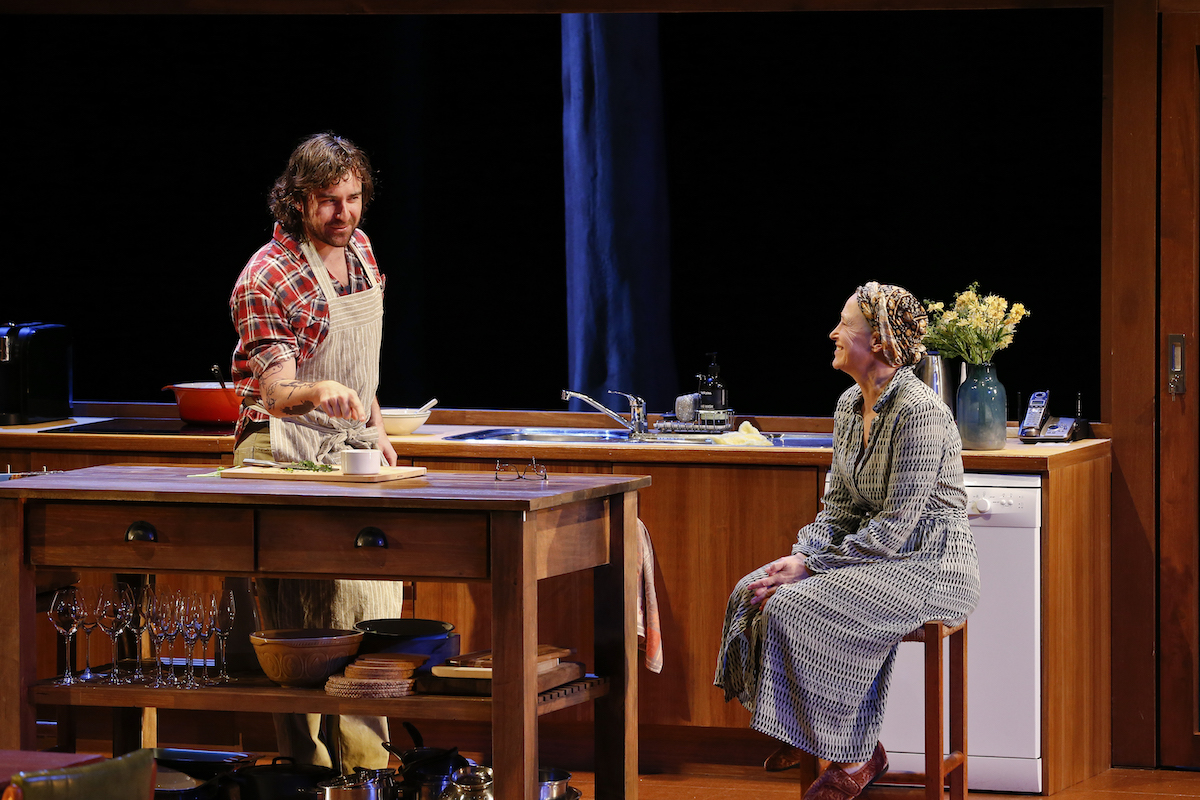
-
Alison Croggon wrote a new post 6 years, 7 months ago
‘Who knows what seeds are now planted in those tiny, amazing brains?’ Alison Croggon on Only a Year, Sarah Austin’s show for babies
After I had my first baby, and was in the haze of exhaustion and shock that the […]
-
Alison Croggon wrote a new post 6 years, 8 months ago
Powerful, inventive and beautiful, Alison Croggon says that Stephanie Lake’s Colossus is her most exciting work yet
When I walked out of Colossus, my blood was singing with sheer exhilaration. It’s rare to see a […]
-
Alison Croggon wrote a new post 6 years, 8 months ago
Alison Croggon unloosed her inner child and ventured to German theatre maker Sybille Peters’ live art for children at Melbourne Fringe’s XS
“Do you know what Live Art is?’ asked Will, the friendly man who wel […]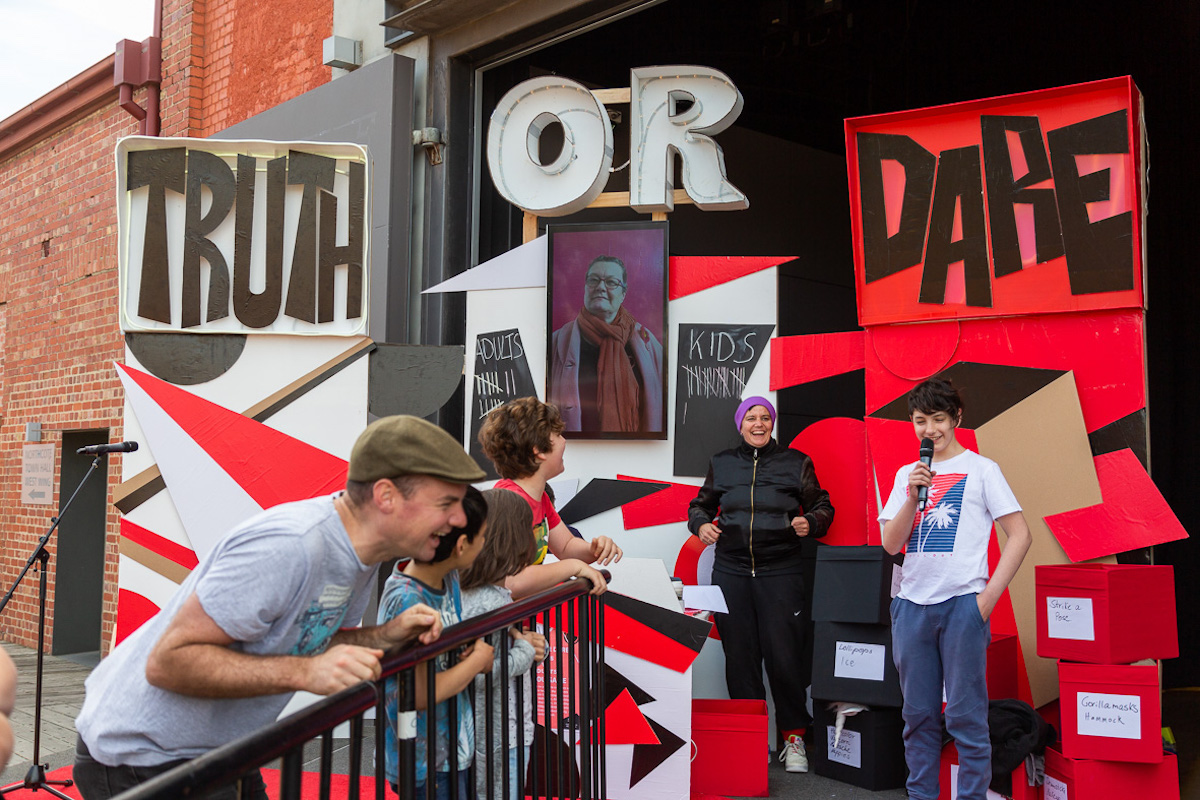
-
Alison Croggon wrote a new post 6 years, 8 months ago
Write Loud and Clear about What Hurts is a smartly-written play that dives into the confusion of the wounded psyche, says Alison Croggon
Write Loud and Clear about What Hurts is a twist on a famous Ernest […]
-
Alison Croggon wrote a new post 6 years, 8 months ago
Melbourne Fringe XS show This is Grayson is an enchanting and disturbing ride through the night streets of Newport, says Alison Croggon. And definitely for older children
Immersive theatre in which the set […]
-
Alison Croggon wrote a new post 6 years, 8 months ago
Emily Sheehan’s debut play Hell’s Canyon demonstrates a sure theatrical imagination, says Alison Croggon
We simply don’t value young people enough in Australian theatre. On the one hand, companies like Polyg […]
-
Alison Croggon wrote a new post 6 years, 8 months ago
Text, dance and interpretation: Alison Croggon on Rhiannon Newton’s We Make Each Other Up
I interpret the world primarily through words, while at the same time being uneasily aware of their limitations. Words a […]
- Load More

Hi Alison
I had the same questions and reservations when I saw the show too. I wasn’t there to review, just to watch. Pretty much everything you question are the questions raised in me too. I wanted to like this show but I left not knowing if I would like myself if I liked it… 🙂
Thanks Samsara – I haven’t seen it, but you’re not the only person who’s said this about Carissa’s review…
Oh sorry, the byline lists it as posted by you.
*Sound of editor quietly screaming* The byline is now corrected
It’s already prepared, as part of the “school” fiction.